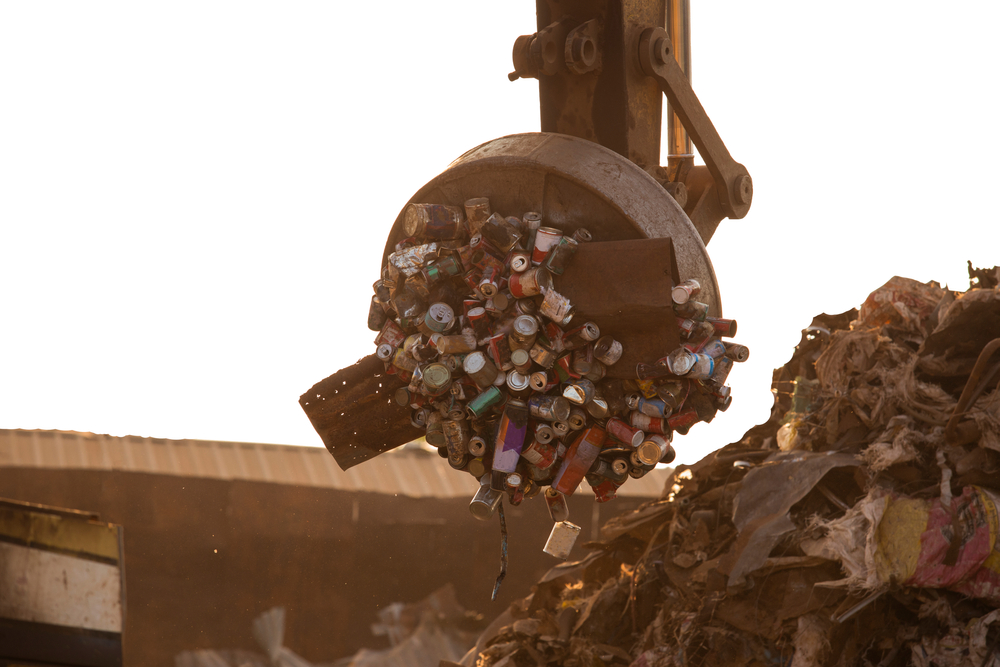
Is There a Difference in Recycling Magnetic vs. Non-Magnetic Metals?
When it comes to recycling metals, the process can be quite different depending on whether the metal is magnetic or non-magnetic. Scrap yards use a variety of techniques to sort and process different types of metal. Understanding the differences between magnetic and non-magnetic metals is crucial for efficient recycling.
Magnetic Metals
Magnetic metals, such as iron and steel, are easily separated from other types of metal using magnets. Scrap yards use large overhead magnets to pull ferrous (or magnetic) metals out of a mixed metal stream. They use powerful electromagnetic fields to attract these metals, pulling them out of the stream and onto a conveyor belt.
The magnets used in scrap yards are typically made from rare earth elements, such as neodymium or samarium-cobalt. They’re much stronger than traditional iron magnets, allowing scrap yards to effectively separate even small pieces of ferrous metal from a mixed stream.
Non-Magnetic Metals
Non-magnetic metals– such as aluminum, copper, and brass– cannot be separated using magnets. Instead, scrap yards use a variety of other techniques to sort these metals.
One common way is using air classification. This is using a stream of air to separate different types of metals based on their density.
Another method is Eddy Current Separation. This is a process that uses a magnetic field to generate an electrical current in a conductor. This current creates a force that can repel non-ferrous metals, such as aluminum, away from the magnet.
Benefits of Recycling Magnetic vs. Non-Magnetic Metals
Recycling metals conserves natural resources and reduces the need for mining. Also, recycling metals reduces greenhouse gas emissions and energy consumption associated with the production of new metals.
Ferrous metals are particularly important to recycle. These metals are in high demand and are used in a wide variety of products– from cars and appliances to construction materials and infrastructure. Recycling these metals not only conserves these limited resources, but it also helps to keep prices low.
Recycling non-ferrous metals is also a vital process. You can often find these metals often used in electrical wiring, plumbing, and other applications where their conductivity is important.
Visit Franklin Metals to Recycle Your Scrap Metal
If you’re looking for a reliable scrap yard that can help you recycle your magnetic and non-magnetic metals, contact Franklin Metals today. We provide efficient and eco-friendly recycling services for both ferrous and non-ferrous metals. Visit our website to learn more about our recycling process and how we can help you recycle your scrap metals.

